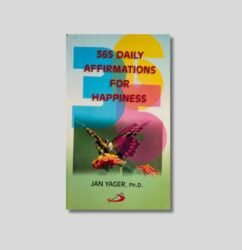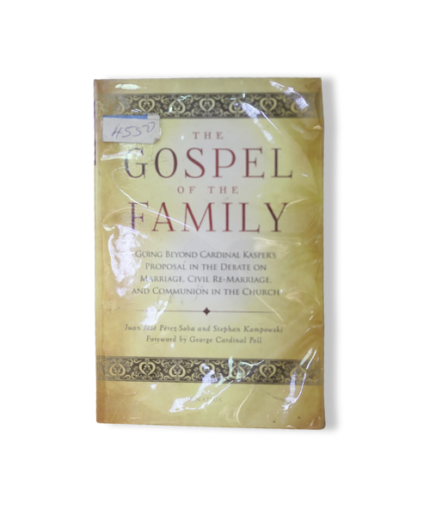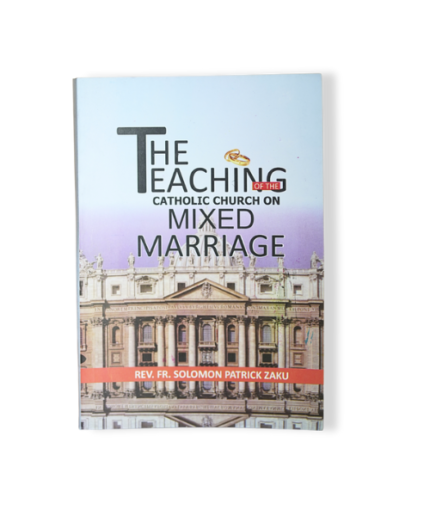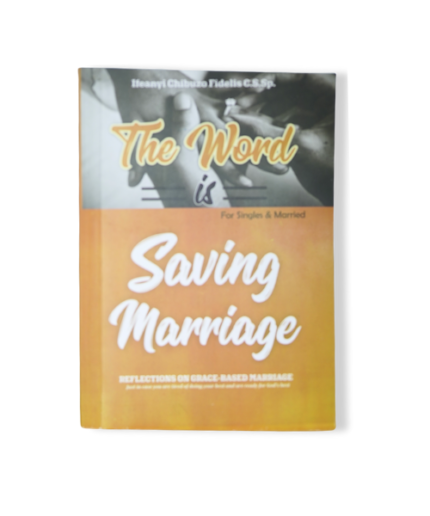The Complexity of Love and Conflict
Love and conflict are two intertwined aspects of human relationships that have been explored and contemplated throughout history. While love is often associated with warmth, affection, and harmony, conflict can arise from differences in opinions, values, and desires. The dynamic between love and conflict is complex, as they can both strengthen and challenge a relationship.
The Power of Love
Love has the ability to bring people together, fostering deep connections and a sense of belonging. It is a force that transcends boundaries, uniting individuals in a shared bond. Love can be expressed in various forms, such as romantic love, familial love, or platonic love. It is a source of joy, happiness, and fulfillment, providing emotional support and companionship.
Within the context of love, conflicts can arise due to the inherent differences between individuals. These conflicts can stem from diverse perspectives, expectations, and needs. However, it is through these conflicts that relationships have the opportunity to grow and evolve. By engaging in open and honest communication, conflicts can be addressed, leading to a deeper understanding and appreciation of one another.
Navigating Conflict in Relationships
Conflict in relationships is inevitable, but it does not have to be detrimental. When approached with empathy, respect, and a willingness to find common ground, conflicts can be transformed into opportunities for growth and learning. It is important to listen actively, validate each other's feelings, and seek compromise.
It is crucial to remember that conflict is not a sign of a failing relationship, but rather a natural part of the human experience. By embracing and addressing conflicts, individuals can build stronger, more resilient relationships. Love and conflict are not mutually exclusive; they coexist and shape the dynamics of relationships in profound ways.
In conclusion, love and conflict are intricately connected aspects of human relationships. Love has the power to bring people together, while conflict can arise from differences. Navigating conflict with empathy and open communication can lead to personal growth and stronger relationships. Embracing the complexity of love and conflict is essential for fostering healthy and fulfilling connections with others.



























